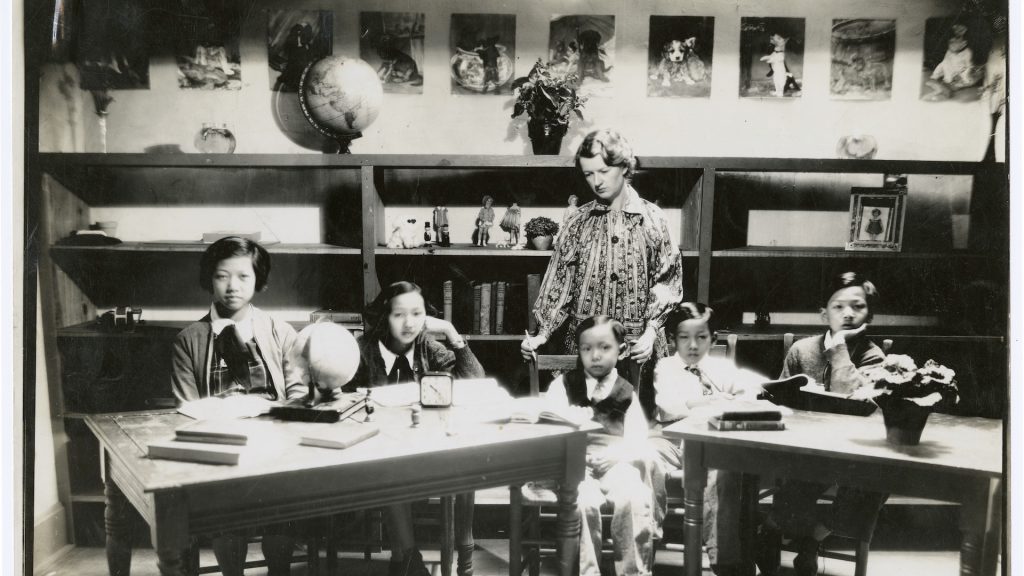
In the exhibit, we’ve listed a few examples of some of the anti-Chinese laws and regulations that existed during the second half of the nineteenth century. However, what did these laws actually say? Here’s a breakdown:
1852 California Immigrant Bonding Law: This law required shipmasters to prepare a list of foreign passengers, and ship owners to post a $500 bond for each, though this could be commuted by paying a tax of $5 to $50 per passenger. The motive behind this law was that it would decrease Chinese immigration, as shipmasters and ship owners wouldn’t want to pay extra to have Chinese immigrants on their ships.
1855 California Capitation Tax: This law required a $50 tax on the master or owner of a vessel for the landing of each passenger who was not eligible for state or federal citizenship by law. This law was meant to target Chinese immigrants, who were not eligible for state or federal citizenship during this time.
1858 California Chinese Exclusion Law: This California state law banned Chinese and Mongolian people from immigrating to the state, though the law was in fact declared unconstitutional in 1862. It would not officially be repealed, however, until 1955.
Anti-Coolie Act of 1862: The full name of this act was “An Act to Prohibit the ‘Coolie Trade’ by American Citizens in American Vessels.” Though the act purported to be a way to fight the coolie trade and the enslavement of Chinese laborers, it was actually just a way of protecting white laborers by imposing a monthly tax on Chinese immigrants seeking to do business in the state of California. However, Lin Sing, a Chinese resident of San Francisco, fought this law in court, and the law was declared unconstitutional in Sing v. Washburn in 1862.
1870 Cubic Air Ordinance (San Francisco): This San Francisco law required every lodging house to have no less than 500 cubic feet of air space for each lodger. This targeted Chinatowns, which were crowded. However, in protest of the law, many Chinese people in San Francisco refused to pay the fines and went to jail, which caused such a crowded situation that the City ended up being in violation of its own law!
1870 Sidewalk Ordinance (San Francisco): This San Francisco law prohibited people from walking on the sidewalk while using poles to carry goods. Though the law doesn’t explicitly say the word “Chinese,” it is distinctly anti-Chinese because this was a very common way that Chinese people carried their goods during this time.
1870 California Statute 330: This law required “Mongolian” women emigrating to California to prove that they were of good character. This law was a result of the anti-Chinese stereotypes that characterized all Chinese women as prostitutes and Chinatown as a place ridden with brothels and vice.
1873 Laundry Ordinance (San Francisco): This laundry ordinance required that every laundry employing a horse-drawn vehicle pay $2 per quarter, those with two vehicles $4 per quarter, and those with no vehicles, $15 per quarter. While this may not look explicitly anti-Chinese, most Chinese laundries had no vehicles. This, this law unfairly targeted Chinese laundries.
The Page Act of 1875: This law prohibited the recruitment to the United States of unfree laborers and women for “immoral purposes.” Though the words don’t target anyone in particular, the law was enforced predominantly against Chinese immigrants.
1876 Queue Ordinance (San Francisco): This ordinance stated that every Chinese prisoner in jail should have his hair cut to one inch in length. The consequences of this action could be fatal; in China, all Chinese men were forced to wear their hair in queues to demonstrate their submission to Manchu rule. Without their queues, immigrants would not be able to return home, for failure to comply with the edict was punishable by death. Thus, landing in jail could mean not being able to go home for Chinese men due to this discriminatory law.
Want to learn more? Check out these resources:
— UC Hastings College of the Law Library – List of Anti-Chinese Laws
— Illustrating Chinese Exclusion – Chinese Immigrant Legal History in U.S.
